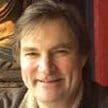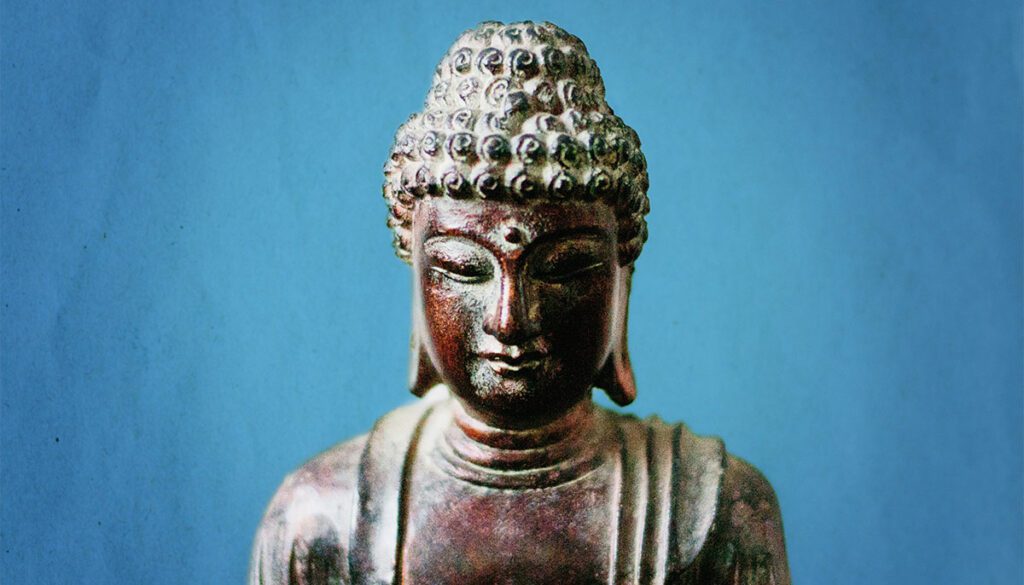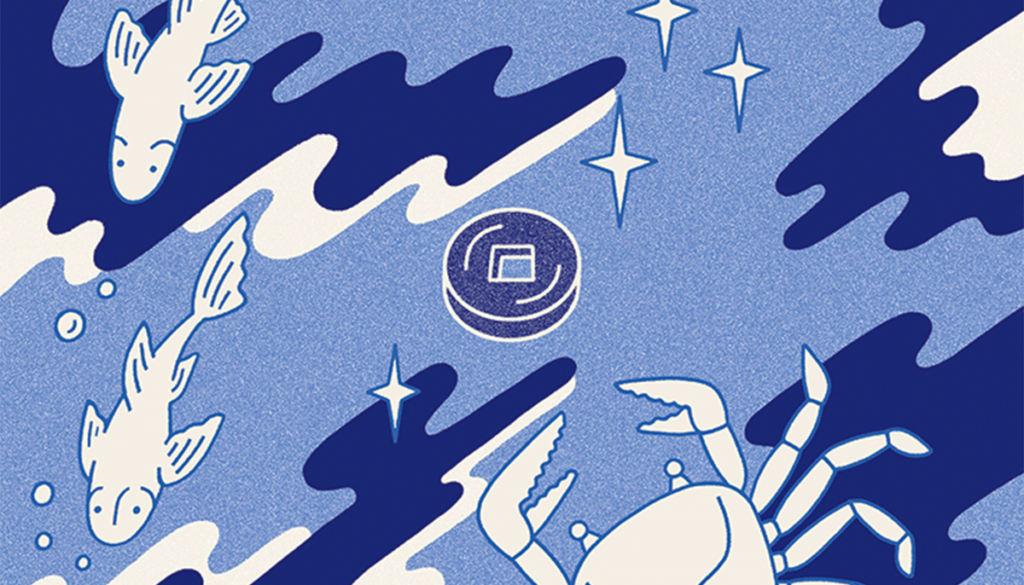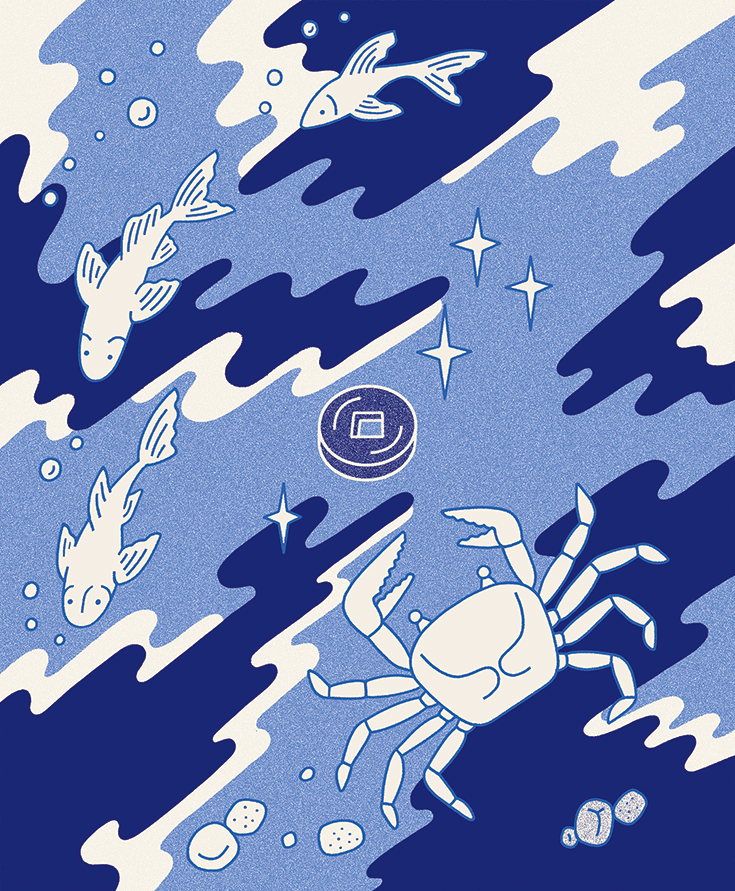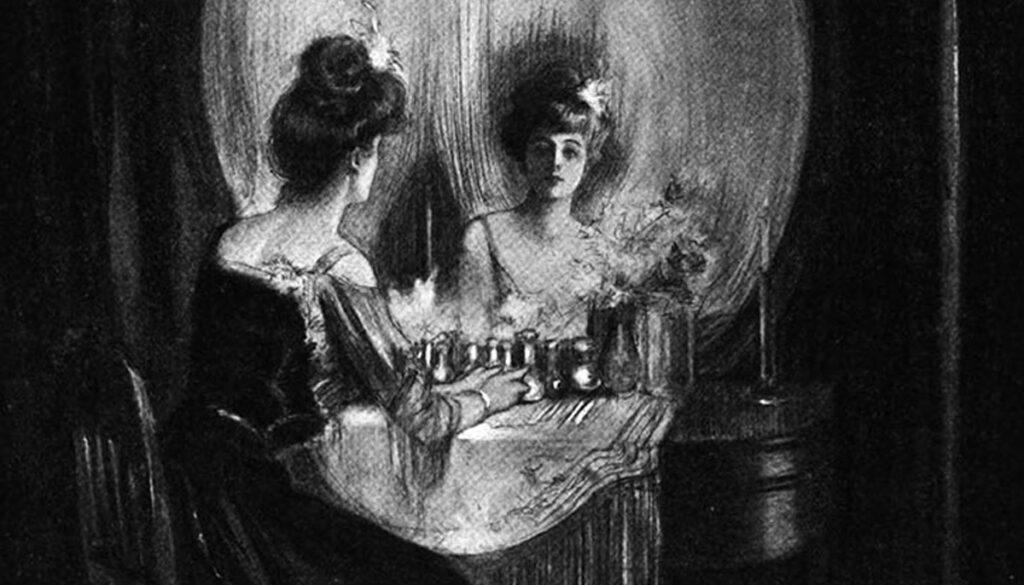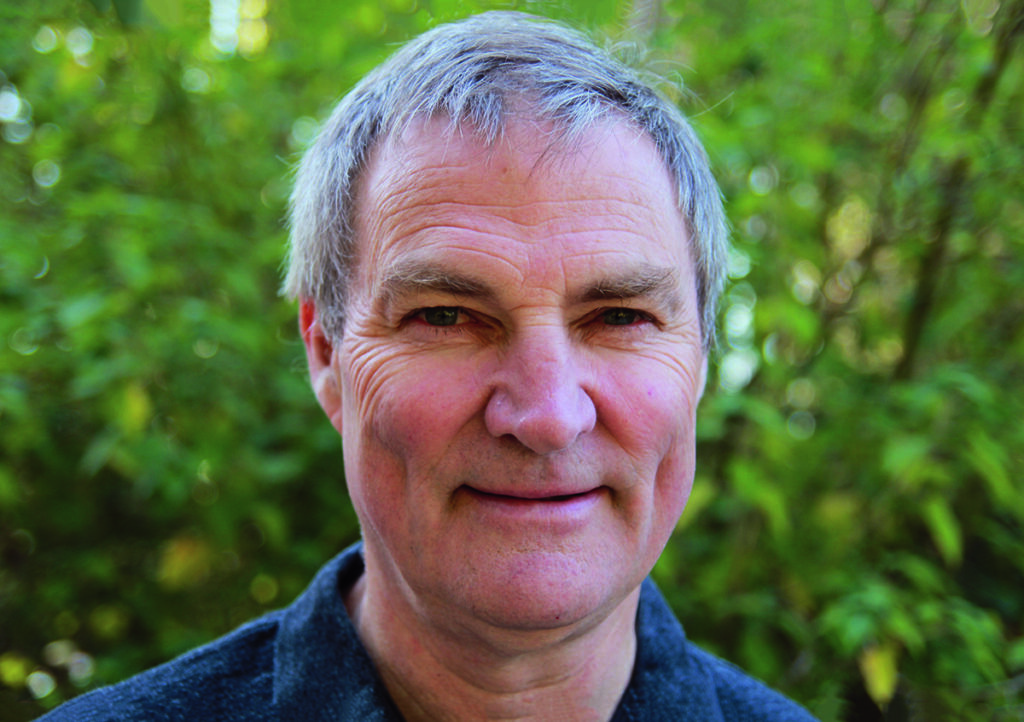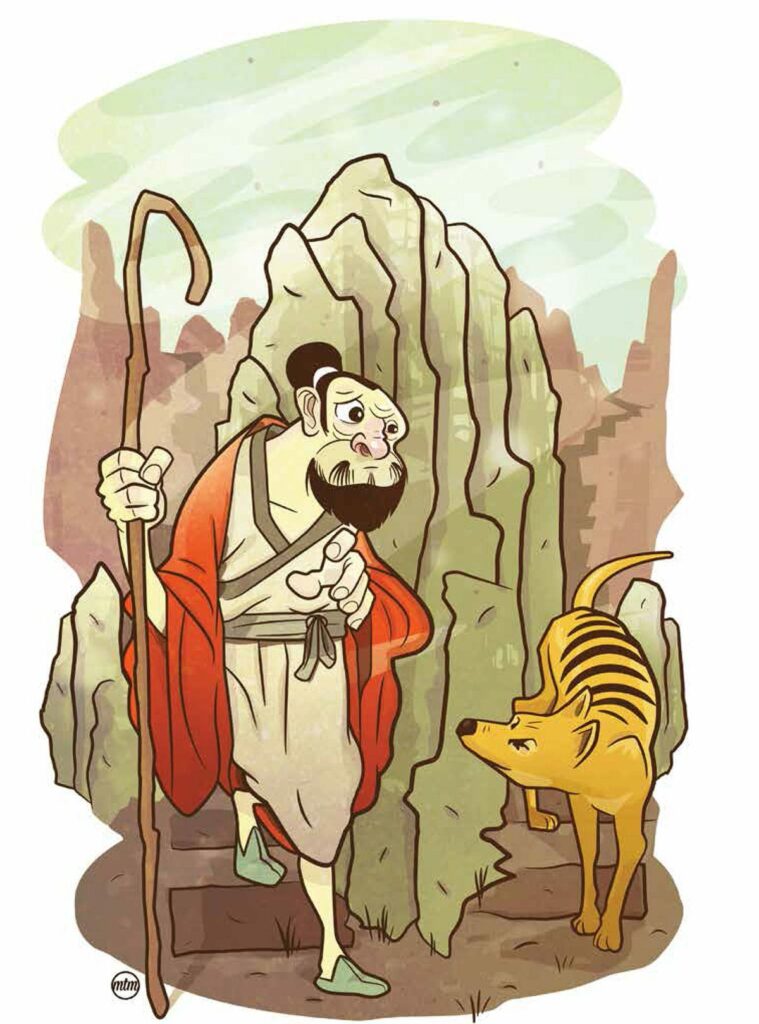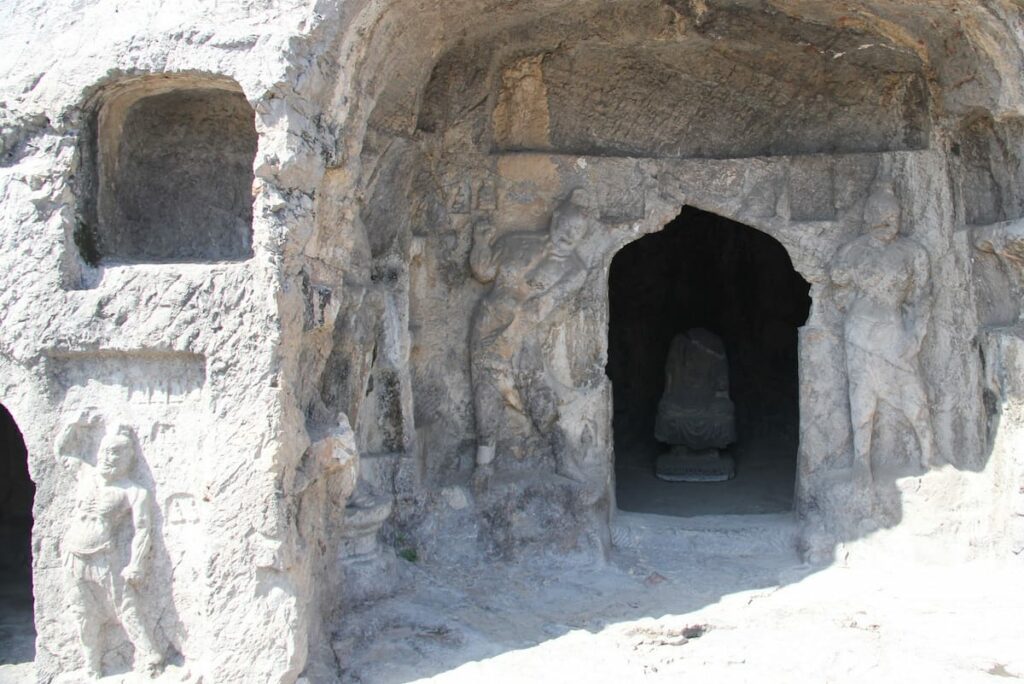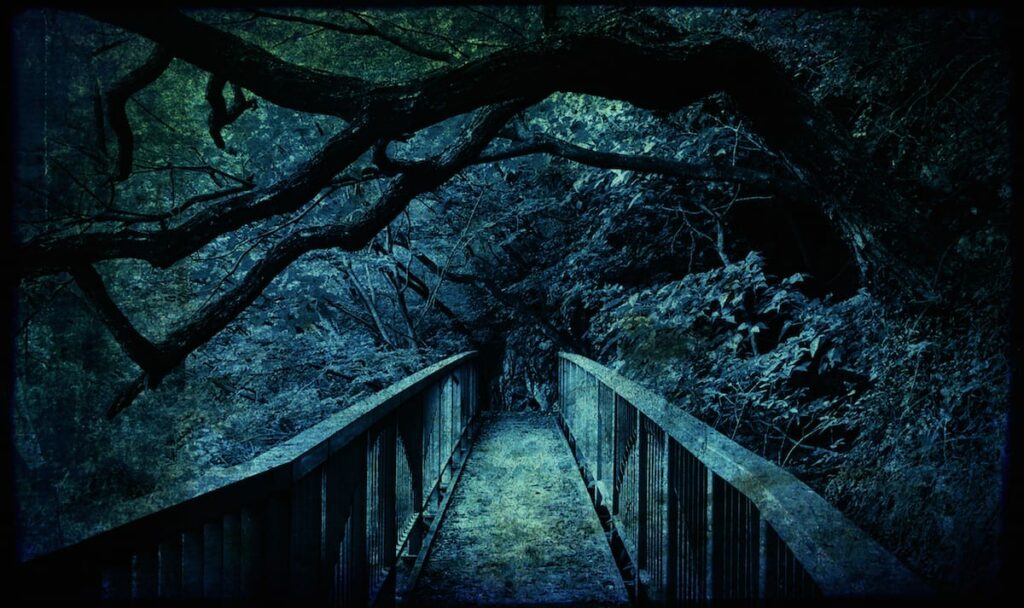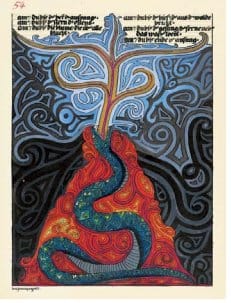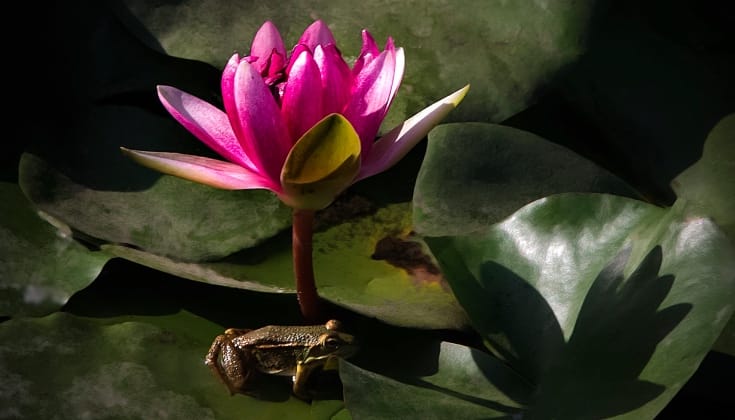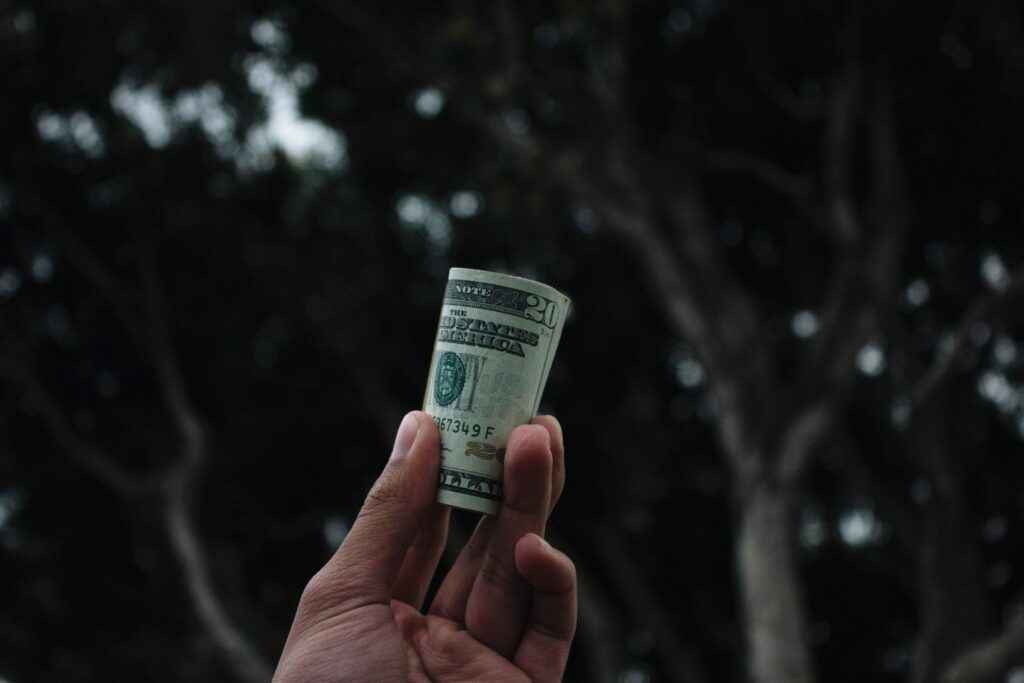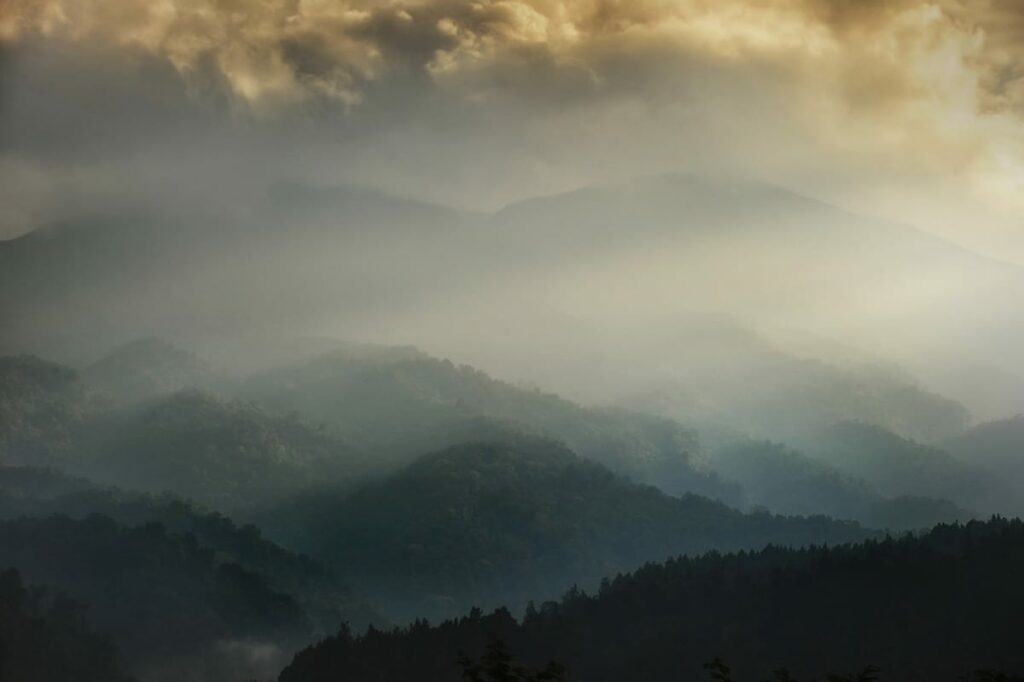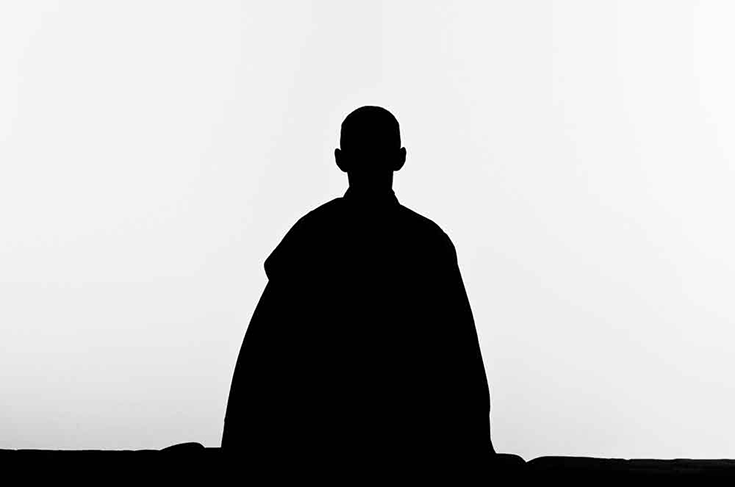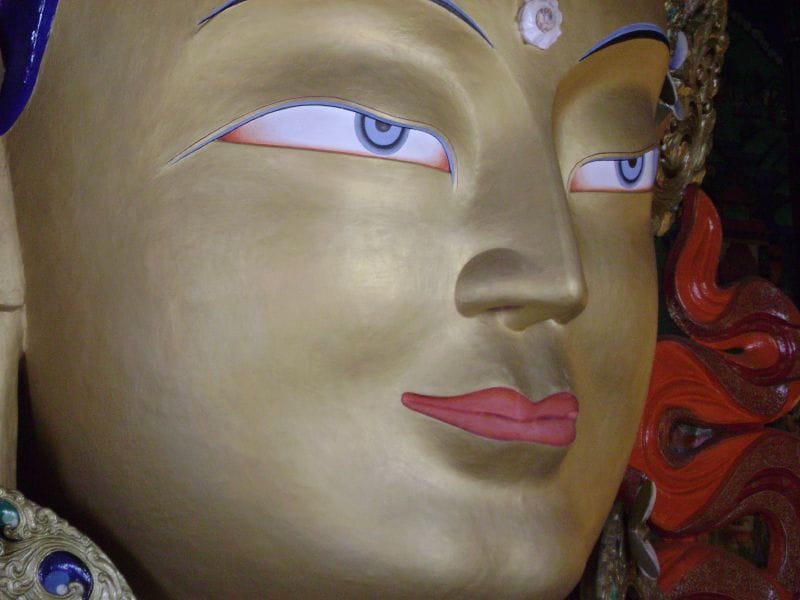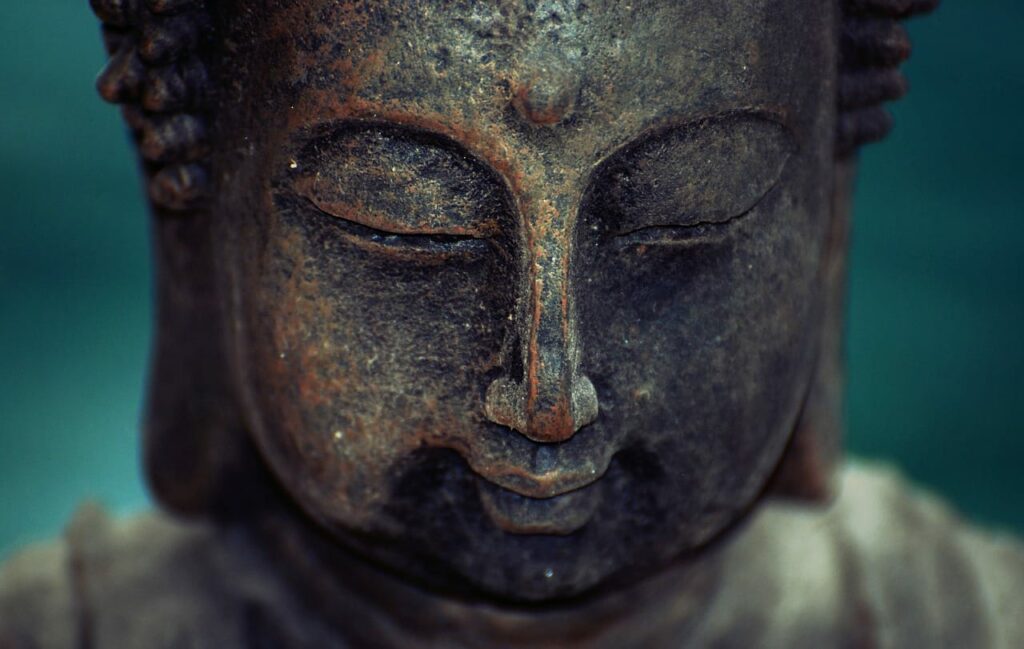John Tarrant, Roshi, directs the Pacific Zen Institute, a community where koan meditation, the arts, and deep conversations meet daily practice and life. He is the author of Bring Me the Rhinoceros & Other Zen Koans that Will Save Your Life.
John Tarrant
Books
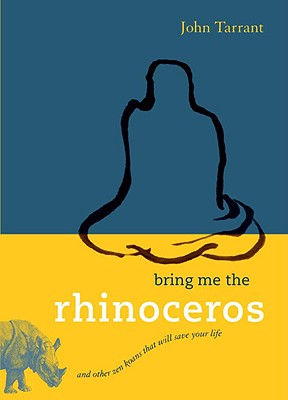
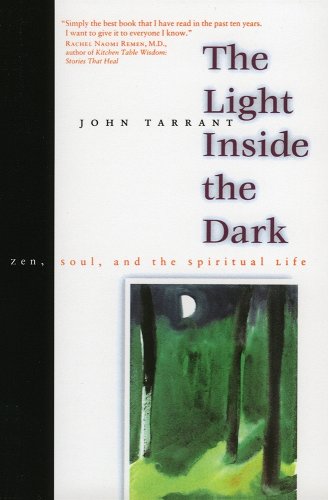
Recent Articles
5 Buddhists on How the Buddha Nourishes Their Life
How does the Buddha nourish your life and practice? Five Buddhists contemplate this question.
¿Cómo practicar los koans Zen?
John Tarrant desmitifica la práctica de koan. Sí, es paradójica, poética y totalmente personal. Y así es la vida.
How to Practice Zen Koans
John Tarrant demystifies Zen koan practice. Yes, it’s paradoxical, poetic, and totally personal. And so is life.
Where, Oh Where Will I Go?
“When the body has dissolved into the four elements, where will you go?” asks the koan called Doushuai’s Third Barrier. Vastness into vastness, concludes Zen teacher John Tarrant.
One Day, My Child, All This Will Be Yours
Zen teacher John Tarrant on Climate Change, the Australian Fires, and the Magic of the Primeval Forest.
Meet the Blue Dragon
John Tarrant shares what he feels is the most helpful message Buddhism can offer in the coming decades.
It Would Be a Pity to Waste A Good Crisis
Zen teacher John Tarrant offers seven guidelines for taking advantage of life's crises and surprises
The World Catches Us Every Time
A mysterious beast captures your attention. Is it distracting you or calling you? It can be hard to tell, says Zen teacher John Tarrant, what’s distraction and what could have real meaning for your life. Either way, there’s no going back.
Enlightenment is Something We Do Together
There’s a romantic idea of enlightenment as a solitary and heroic act, but even if you’re off by yourself in a cave, you are still part of a culture, and it’s observable that some cultures are more friendly to discovery than others. Building a culture has been an ongoing and repeated task of Buddhism since the time of the Buddha.
A Beautiful Wish (You Are the Sun…)
Our deepest and most beautiful wish is to become a better person. Just follow the wanting itself, says Zen teacher John Tarrant. That is the gate.
You Don’t Have to Know
John Tarrant discovered that not knowing is the best—and maybe the only possible—response to suffering.
Review: The Red Book
A review of the The Red Book by C.G. Jung – reviewed by John Tarrant.
My Average Life
John Tarrant looks at the websites, FMyLife, MyLifeIsG, and MyLifeIsAverage, as windows to everyday, mundane, suffering.
The Buddha and Suze Orman
There are surprising parallels between the noble truths of Buddhism and money guru Suze Orman’s advice on getting real financially.
Haven’t we all been Susan Boyle?
John Tarrant looks at Susan Boyle as pop culture example of embarrassment and social acceptance.
Return to the (Political) World
In the last of the famed ox-herding pictures, the disciple returns to the world with open, helping hands. That includes the messy, neurotic, imperfect world of politics, the very place where the bodhisattva way is practiced and our realization is put on the line.
Surprises on the Way
Is there a way we can extend and deepen these moments of awakened mind that coexist with our confusion? Or even just notice them when they occur? That’s the point of Buddhist meditation, which is never about doing or creating anything. We simply rest in everything as it is. It sounds so easy, yet nothing is more profound or mysterious.
Sudden Awakening
Sudden awakening can come gradually, almost imperceptibly, or in a sudden, life-altering flash. When will it happen to you and what—donkey, broom, or morning star—will trigger it?
Koan Practice: The Great Way is Not Difficult If You Just Don’t Pick and Choose
Home to care for his dying mother, Zen teacher John Tarrant discovers what it means for himself and those around him to give up picking and choosing.
The Paradox of Happiness
Real happiness is what we all want, but none of our strategies for finding it seem to work. Maybe it's the search for happiness that makes us unhappy. John Tarrant has some thoughts on why the Buddha smiles.
The Power of Koan Practice
John Tarrant explains how the seemingly absurd little stories called koans cut through conceptual mind.
